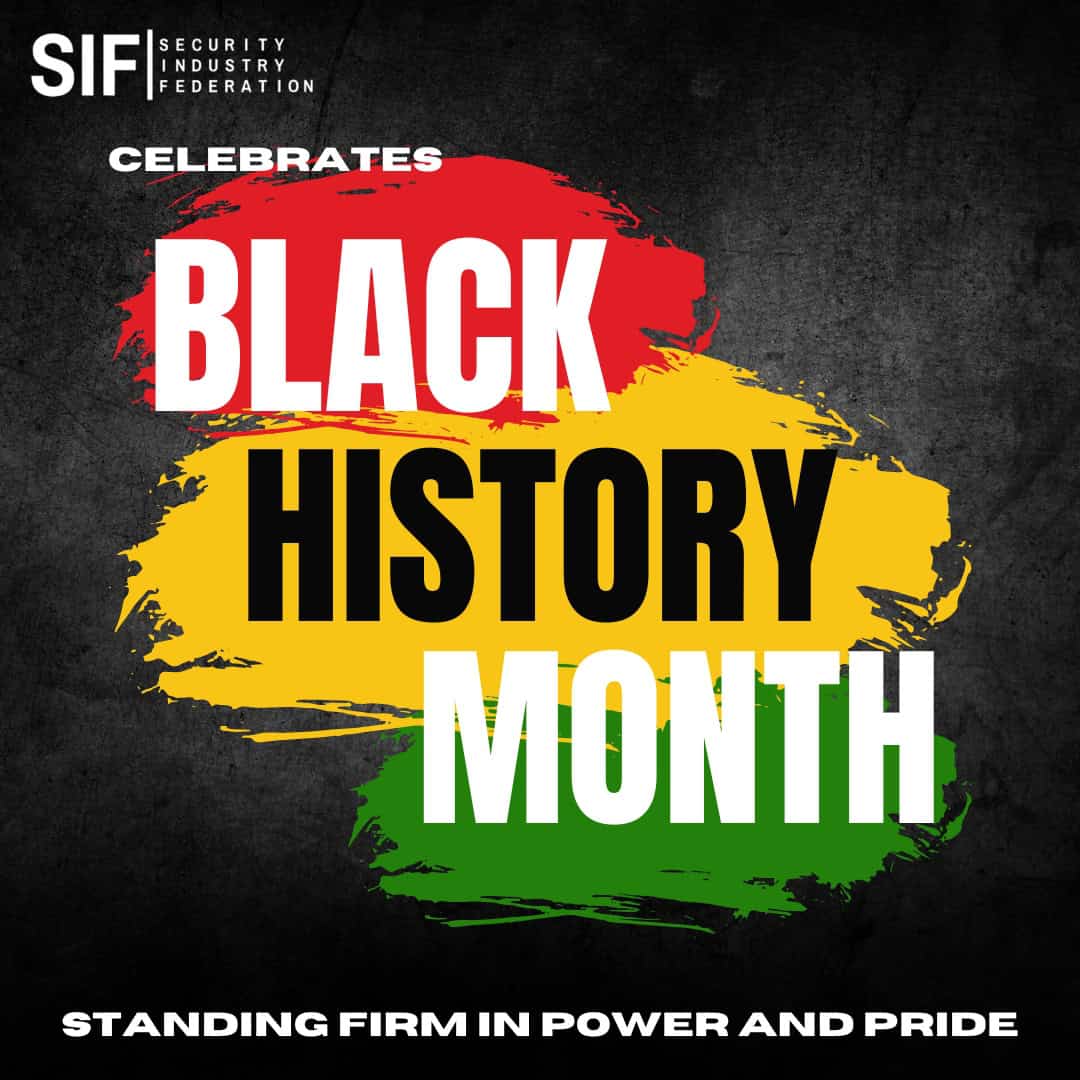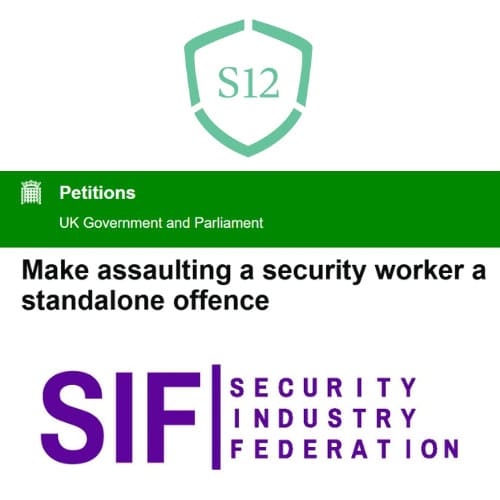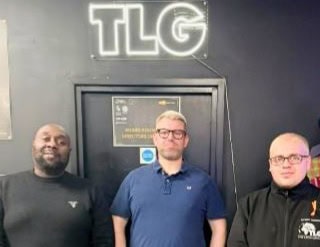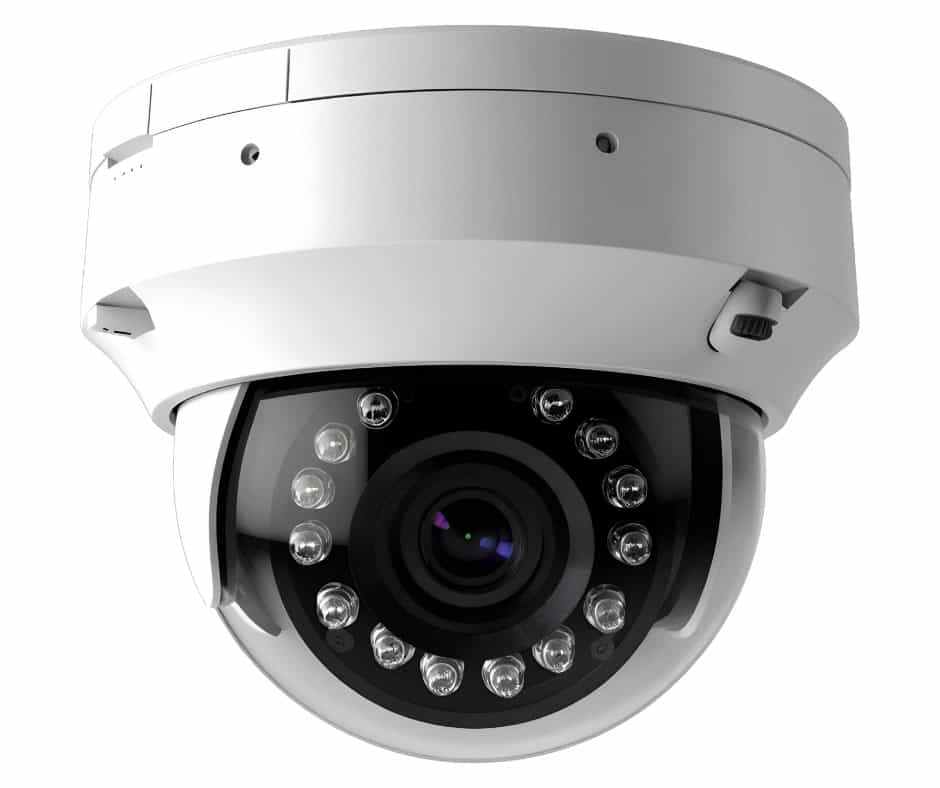Black History Month is a time to reflect on the legacies that shape us, to honour resilience, and to speak honestly about the lived realities of being Black in Britain today. For me, those realities are lived daily in the private security industry an industry I have devoted decades of my life to, but one that too often still places Black men and women at the margins or uses us only when it suits a certain image.
I want to share two stories. They are not abstract, academic, or second-hand. They are mine. They are raw. And they expose the challenges many Black security professionals still face, challenges that remain invisible to most of the public.
Story One: The Fashion Week Job That Never Happened
A few years ago, I was booked to work a high-profile London Fashion Week job for a major international brand. The requirement? Ex-military men with professional credentials. I submitted my CV, solid, qualified, experienced. Approved.
The night before the job, an email landed: “Ensure you have a neat haircut, clean shaven or, if you have facial hair, ensure it is well-groomed.” On the surface, that seems reasonable. Presentation matters. But for Black men in security, grooming often becomes a coded gatekeeping tool.
I had neat, well-kept locks. To avoid assumptions, I sent the client a photo of my hair: tidy, professional, presentable. Within ten minutes of sending it, I was removed from the job. The excuse? “It’s not us, it’s the client.”
This is the industry at its most insidious. The job was meant to be about competence, discipline, and experience. Instead, my hair, my identity, was enough to exclude me.
Story Two: “Our Clients Don’t Take Black Guys”
Fast forward to last year. A top UK company was recruiting for a long-term close protection RST (CP) contract with excellent rates. With my qualifications and background, I was confident, and hopeful. I applied.
Days later, the owner of the company called me directly. His first words were:
“I received your CV, but I’m not sure what to do with it.”
I reminded him I was applying for the role, happy with the pay, fully committed. He told me I was “overqualified”, but then admitted the deeper truth:
“In my history, with the clients I have, they wouldn’t take you. I tell the Black guys who come on my courses, I’m not racist, but I can’t help them in this industry. My clients want people from an English or European background. Not Black guys.”
He said this to me over the car phone. My son, 23 at the time, just stepping into the security world himself, was in the car with me, listening on speakerphone. Imagine that. A young Black man, full of ambition, hearing his father being told, point-blank, that colour alone disqualifies him from opportunity.
Beyond the Individual
These are not isolated moments. I’ve been hired because I’m Black, expected to “hold the line” on the rougher front doors, at festivals, or in clubs where aggression was anticipated. I’ve also been excluded because I’m Black, denied entry into more prestigious contracts or client-facing positions.
I’ve been called a “black bastard” on the door. I’ve had a policeman make monkey sounds at me while working a licensed venue in Holborn. That incident ended with lawyers, hearings, and complaints, but no real justice. Those officers quietly retired. The stain, however, remained.
For every story I share, there are countless others lived by colleagues who never speak up. Some leave the industry. Some swallow their pride. Some just break.
Why Speak Out Now
I’m not telling these stories for sympathy. I tell them because Black History Month demands honesty, not silence. I tell them because I now sit as an Executive Board Member of the Security Industry Federation (SIF). And in that role, I carry a responsibility, to ensure that younger Black men and women in security don’t feel invisible, unsupported, or powerless.
We need to confront these patterns openly. We need to acknowledge how “the client” is too often used as a shield for prejudice. And we need to build a culture where ability, professionalism, and integrity define opportunity, not race, not hair, not stereotypes.
The Call to Action
To my Black colleagues in the industry: know that SIF stands ready to defend and represent you. You are not alone.
To employers, agencies, and clients: diversity is not a marketing slogan. It is a moral and operational imperative. You cannot claim professionalism while turning a blind eye to discrimination.
And to my son, and every young Black person entering this industry, my message is this: resilience is your armour, but it should not have to be. Together, we must make sure that the next generation of Black security professionals do not inherit the same barriers we did.
Black History Month is about more than history. It is about the present fight to make equality real in the industries we serve. In security, that fight has only just begun.






